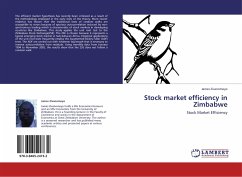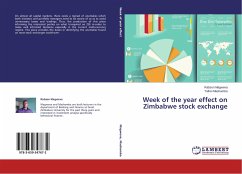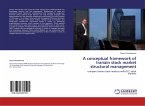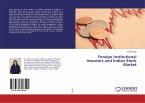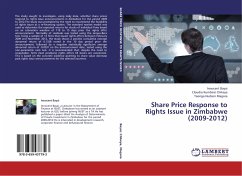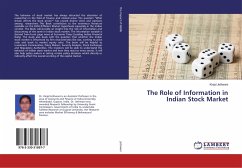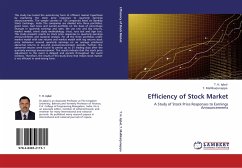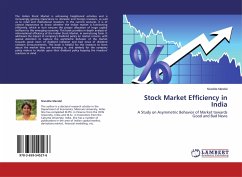The efficient market hypothesis has recently been criticized as a result of the methodology employed in the early tests of the theory. More recent evidence has shown that the traditional tests of random walks are susceptible to errors because of spurious autocorrelation induced by non-synchronous trading which is characteristic of stock markets in developing countries like Zimbabwe. This study applies the unit root test to the Zimbabwe Stock Exchange(ZSE). The ZSE is chosen because it represents a typical emerging stock market in Sub-Saharan Africa. Empirical applications of the unit root tests frequently employ the Augmented-Dickey Fuller (ADF) tests. The ADF are carried out with whatever lag length that is necessary to remove autocorrelation from residuals. Using monthly data from January 1994 to November 2002, the results show that the ZSE does not follow a random walk.
Hinweis: Dieser Artikel kann nur an eine deutsche Lieferadresse ausgeliefert werden.
Hinweis: Dieser Artikel kann nur an eine deutsche Lieferadresse ausgeliefert werden.

